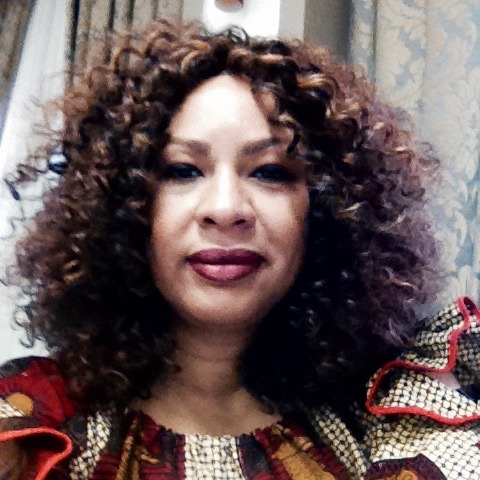Practicing Life Lessons as a Social Worker

“I’ve been a victim of domestic abuse, where I ended up in a women’s shelter with my son…it was very awkward for me, I’m a social worker and I’m supposed to know the signs,” says Prudence Oreggio, a social worker at VHA for the past eight years. Prudence didn’t let this chapter of her life disempower her instead she made sure she tapped into all the resources available to her, “I got counselling and learned the whole process of living in a shelter first hand.” She feels her personal experiences give her a sixth sense when it comes to detecting domestic violence amongst her clients. “I have very good skills for assessments… it’s something that not everyone can talk about for various reasons, sometimes the abuser is in the room when I go in for a visit, but I can tell,” she explains.
At VHA, Prudence has seen a range of clients, from those that are in palliative care to military veterans, but she feels people at the end of their life are closest to her heart. “The stage from denial to acceptance or coming to terms with death is a difficult but beautiful journey that I get to assist my clients and their family with. I’ve helped people make that transition and it really helps manage grief and prevent a crisis,” she says. “I’ve attended funerals…they become part of your family,” she adds. As a social worker, Prudence admits you have to be a ‘jack of all trades’ since you might be dealing with a disease or condition that you don’t have any experience with. “You are continuously learning and although that can be challenging it’s extremely rewarding,” she points out. VHA’s dedicated team of twelve social workers work endlessly to provide spectacular care to all their clients but the cutbacks by the government have created longer waitlists for resources. “It’s frustrating for clients and unfortunately there isn’t a quick fix to the situation, but we advocate for the best interest of the client within our scope of practice, to ensure their well-being.”
For those that are seeking a career in social work, Prudence emphasizes the need for, “time management skills and self-care… it’s not a myth that social workers and nurses have the highest rate of burnout, so it’s important to implement those habits in your daily routine.”
Being one of the few members in her family that got to complete university, Prudence feels that her McGill honours degree is a great achievement and source of pride. “I come from a simple family. My grandparents were farmers but my mother didn’t get the opportunity to go to school and she wanted to break that cycle and provide educational opportunities for me that she didn’t have, so she brought me to Canada when I was six years old.” Prudence’s hardships in life made her find a way to overcome her fears. “It’s called exposure therapy, where you expose yourself bit by bit to something that scares you. In my case, it was snakes and huge weeping willow trees, the way the branches cascade down it’s just creepy… first I stand close to it, then I try to touch it…let’s just say I’m getting there,” she laughs.
